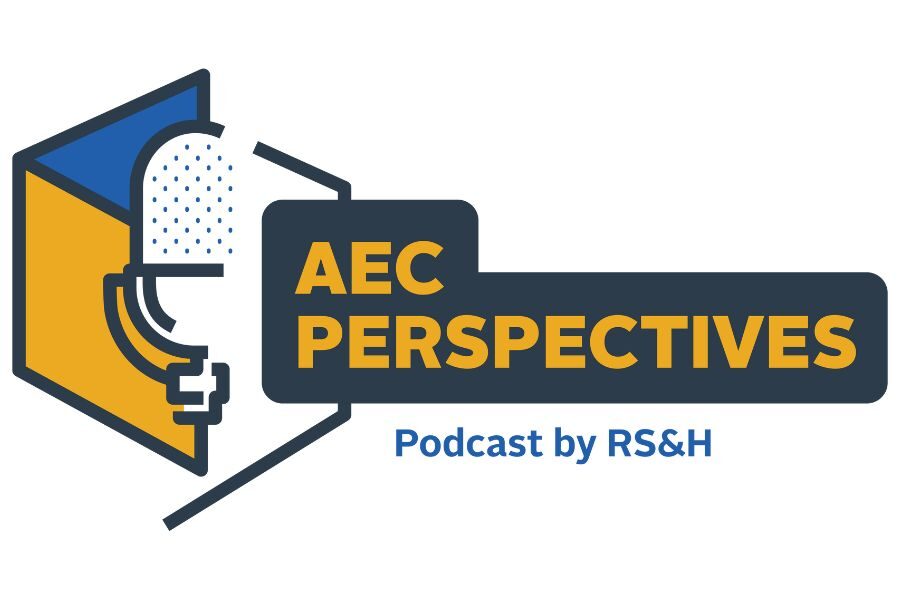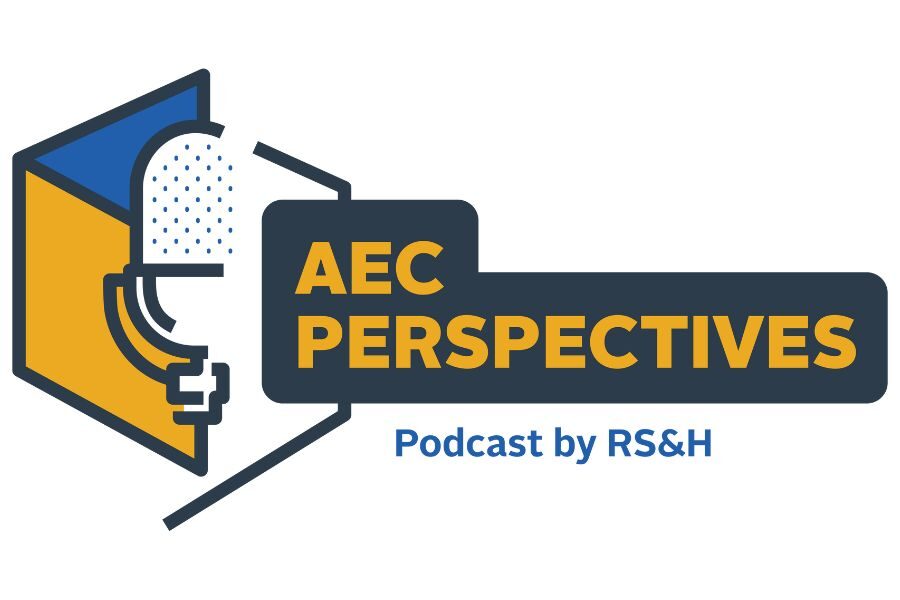What to Look for in a GEC Partner

When choosing a General Engineering Consultant (GEC), it helps to find a partner an owner trusts to manage risk – to ensure that constructability is achieved, communication is effective and counsel is appropriate.
American educator and author Stephen Covey pointed out that nothing moves faster than the speed of trust. When choosing a GEC, owners must find a partner that they can trust to manage any risk a contract can present.
But a good GEC partner does more than keep tabs on the contract. They help ensure constructability, enhance communication, provide counsel when tough decisions must be made and act as an extension of the owner’s staff.
So, what makes a great GEC partner? Here are a few attributes owners should keep in mind.
Expertise and Resources
The most important attribute a GEC needs to demonstrate is the technical expertise needed to manage risk on a project in order to protect the owner. But understanding the contract, project and the risks within are just half of the equation.
A great GEC partner will also have the depth of resources available to handle any situation that may occur without impacting the project schedule. This includes scaling up and down staff as needed for the contract.
Issues will undoubtedly pop up, and many of them will take creative solutions to work through. A GEC that can bring best practices and creative ideas will help move project forward and mitigate exposure to the owner.
By staying proactive with reviews – with the right process in place – the best GECs can identify potential claims before they happen and help mitigate them.
Understanding Constructability
It is the GEC’s job to ensure that the project contract is followed, but no contract is perfect. On top of identifying, evaluating and communicating risks as quickly as possible to the owner, the GEC must ensure that the contract continues to make sense for the owner, builder and surrounding community.
Constructability is especially important for projects in areas with heavy population, such as city centers or office districts. For instance, access to local roads and streets during construction can be of high importance and value. GECs are in the best position to work closely with the contractor and community to help enhance all aspects of stage construction with a focus on maintaining accessibility to facilities that are critical for downtown businesses, residents and motorists.
There are a lot of ways to accomplish this, but it starts with the GEC’s evaluation and creativity to keep project moving forward while protecting the owner at the same time.
Enhanced Communication
By recognizing the magnitude of impacts a project has on everyone in the community – from businesses and offices to parents trying to get their kids to school – GECs can help inform a comprehensive communication strategy.
Projects in areas of large employment centers require more involved communication that go beyond traditional outreach channels like notices in newspapers or on local TV news. For projects in these areas, the project team must advertise with employers themselves, schools and any affected groups or institutions.
Elite GECs recognize the need to put out info and can ensure it is accurate and timely. If stakeholders are aware about the project, they are more accepting than those who are left in the dark.
Social media can be an effective tool for communicating, but don’t forget to meet with stakeholders in-person. Whether it is over breakfast or lunch or at evening roundtables, get community leaders together in regular meetings with the project team, including the builder, owner and GEC.
By doing this, the project team can provide info and get early feedback. By building these relationships, major concerns can be proactively addressed.
Knowing the Client
A GEC team should understand the client the best they can. The owner is the decision maker, but GEC should be a trusted guide – not just knowing what needs to be done but how it needs to be done.
The contract is paramount, but how to advise the owner is important, too. Successfully advising the owner and mitigating risks on a contract is how a GEC builds trust.
And nothing moves faster than the speed of trust.
Learn how we can serve as a partner on your next transportation project.




